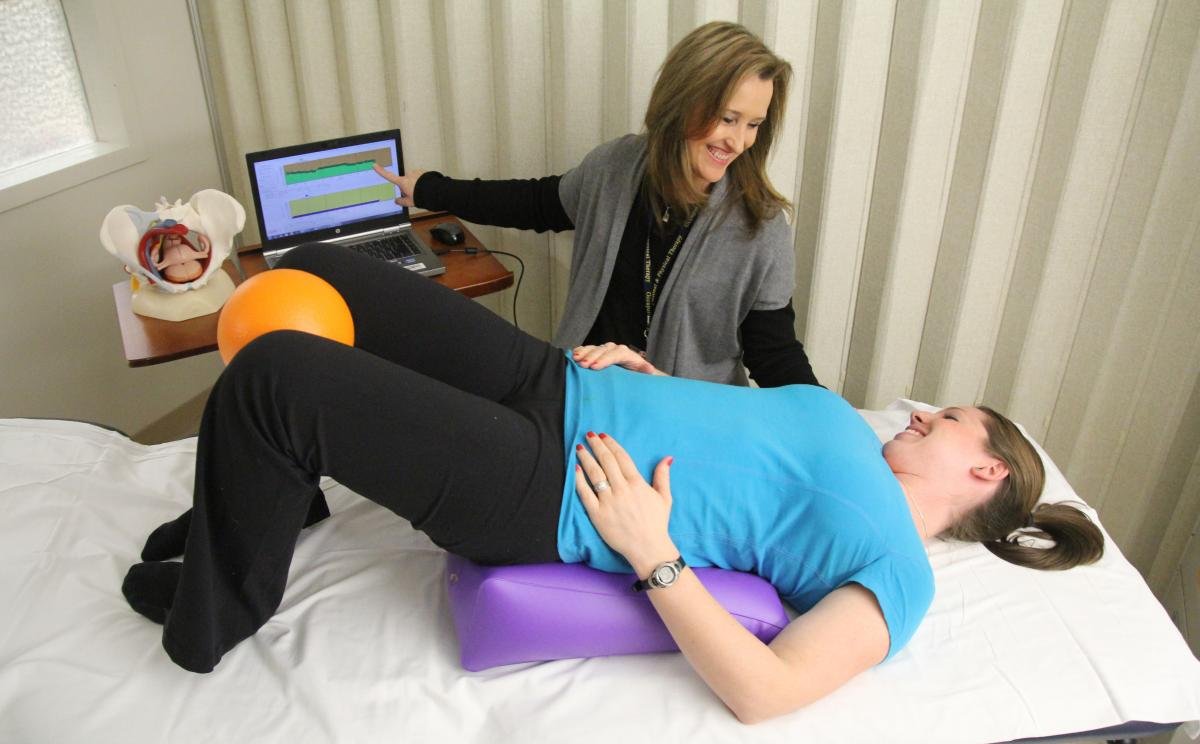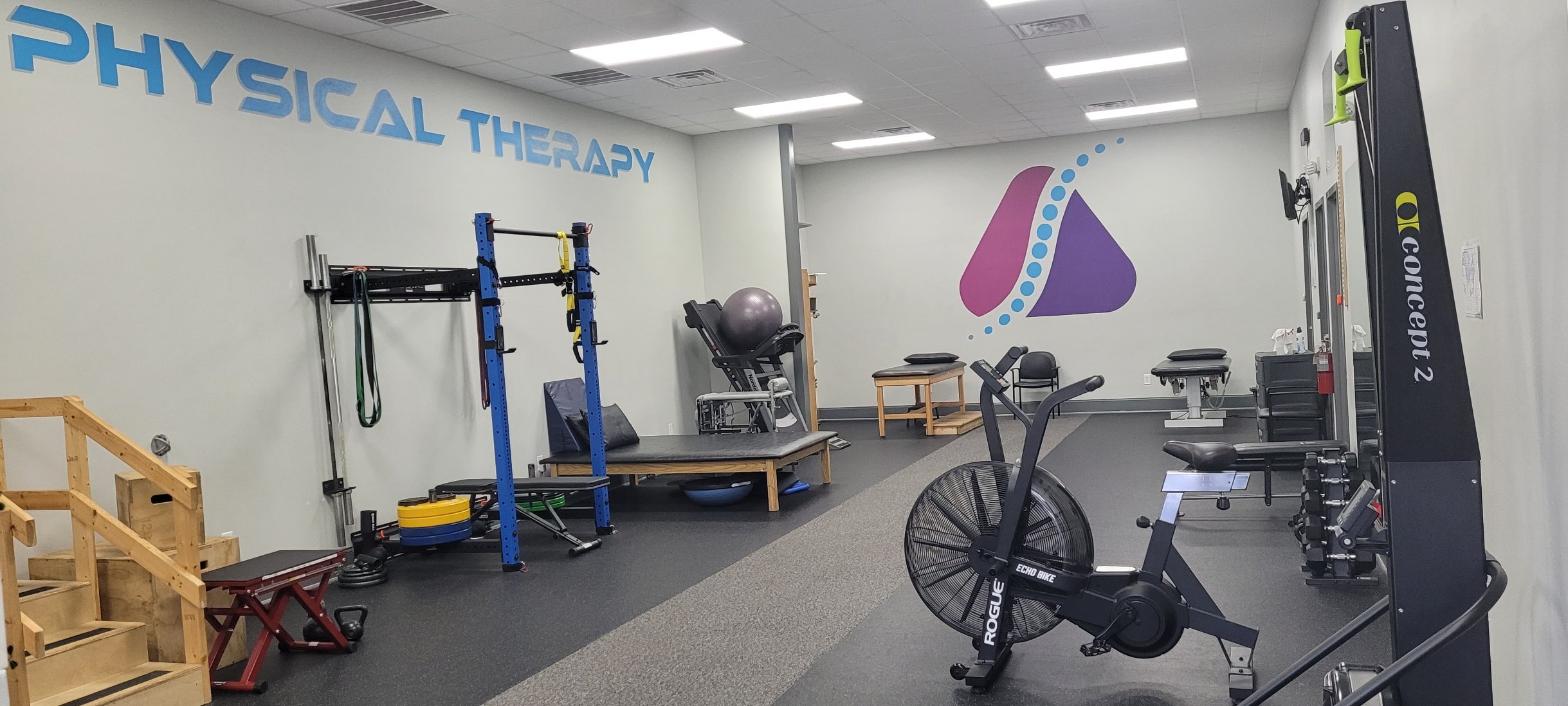
Female Pelvic Floor Therapy
Pelvic floor therapy is a specialized kind of physical therapy aimed at treating pelvic floor dysfunction. Pelvic floor dysfunction is a condition where the muscles in the pelvic floor are too weak or too tight, leading to a range of issues such as urinary or fecal incontinence, painful intercourse, or pelvic pain. Pelvic floor therapy can help re-educate, strengthen, and/or relax pelvic floor muscles, thereby alleviating the symptoms of pelvic floor dysfunction.
The therapy involves various exercises, stretches, and/or manual techniques, and usually, an internal exam is performed during the initial assessment. If you experience symptoms of pelvic floor dysfunction, you may benefit from consulting with a pelvic floor therapist.
Benefits of Pelvic Floor Therapy
This therapy offers several benefits for individuals experiencing pelvic floor dysfunction. Here are some of the benefits of pelvic floor therapy:
Improve awareness of contraction and relaxation patterns: Pelvic floor therapy helps individuals become more aware of their pelvic floor muscles and learn how to properly contract and relax them. This increased awareness can be beneficial in managing symptoms and improving muscle function.
Decrease pain and symptoms of pelvic floor dysfunction: Pelvic floor therapy can help alleviate pain and discomfort caused by pelvic floor disorders, such as pelvic pain, urinary incontinence, fecal incontinence, and sexual dysfunction. Through targeted exercises and techniques, pelvic floor therapy aims to reduce these symptoms and improve overall quality of life.
Support bowel and bladder control: Pelvic floor muscles play a crucial role in maintaining bowel and bladder control. Weakness or tension in these muscles can contribute to issues like urinary or fecal incontinence. Pelvic floor therapy helps strengthen and relax these muscles, promoting better control and reducing unwanted leakage.
Aid in postpartum recovery: Pregnancy and childbirth can lead to changes in the pelvic floor muscles, resulting in issues like pelvic organ prolapse, urinary incontinence, or perineal pain. Pelvic floor therapy can be beneficial in the postpartum period by addressing these concerns and aiding in the recovery process.
Improve sexual function: Pelvic floor therapy can enhance sexual function by addressing pelvic floor muscle dysfunction, such as tightness or weakness. By improving muscle coordination and relaxation, individuals may experience enhanced sexual sensations and reduced pain during intercourse.
It's important to note that the specific benefits of pelvic floor therapy can vary depending on individual circumstances and conditions. We can provide an assessment to determine the appropriate treatment plan and expected outcomes.

Are you ready to take control of the way you live?
Are you ready to feel better, move better, and be better? Call us today to start the road to a stronger you!
